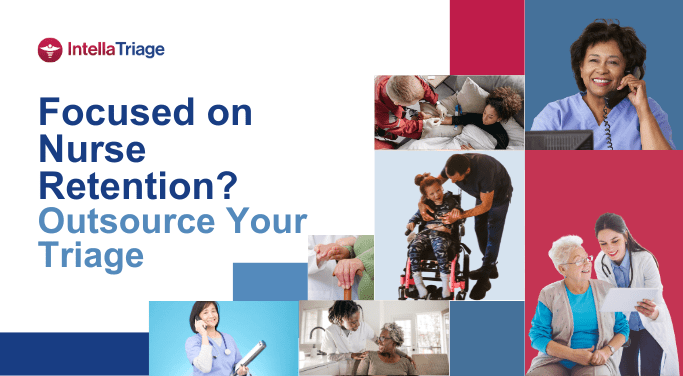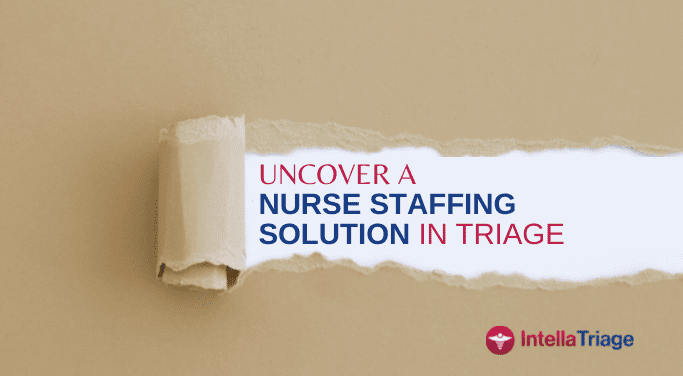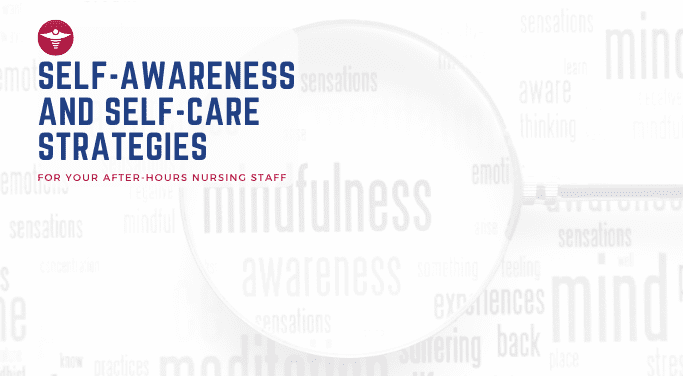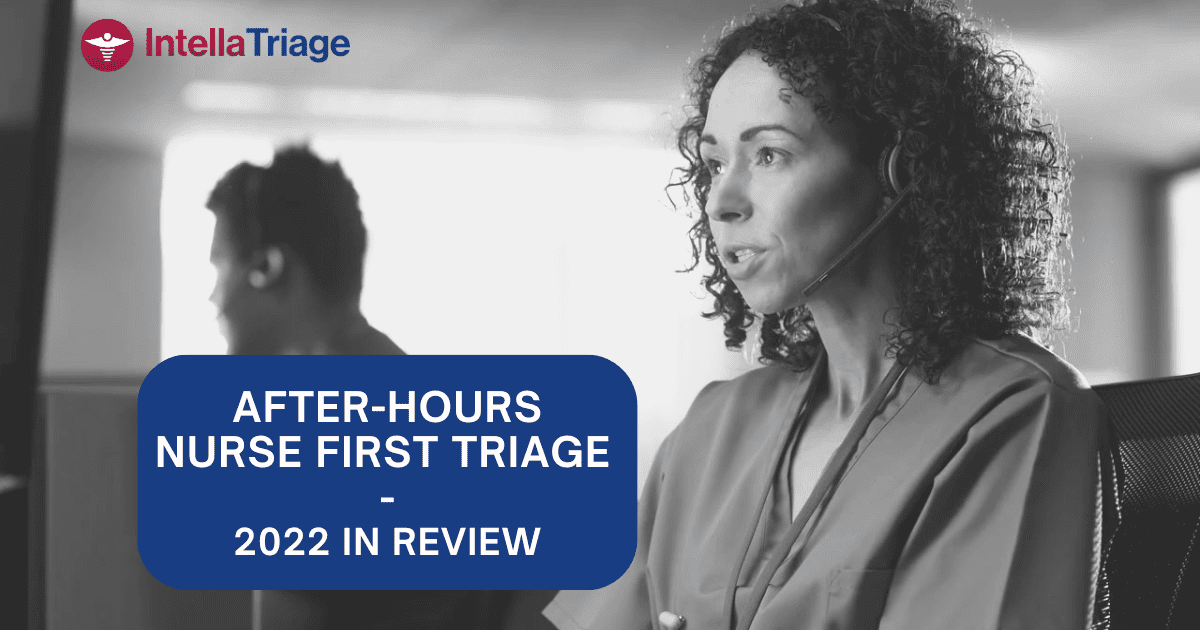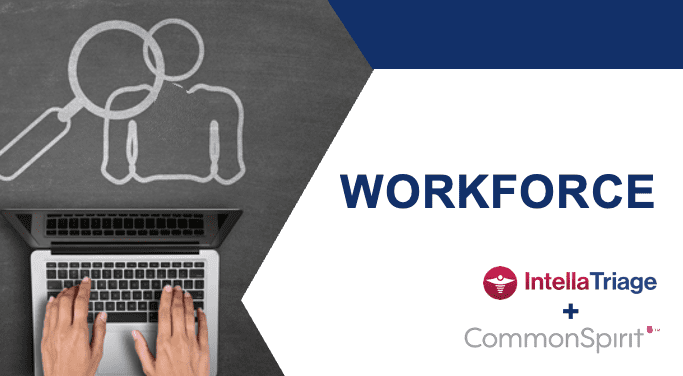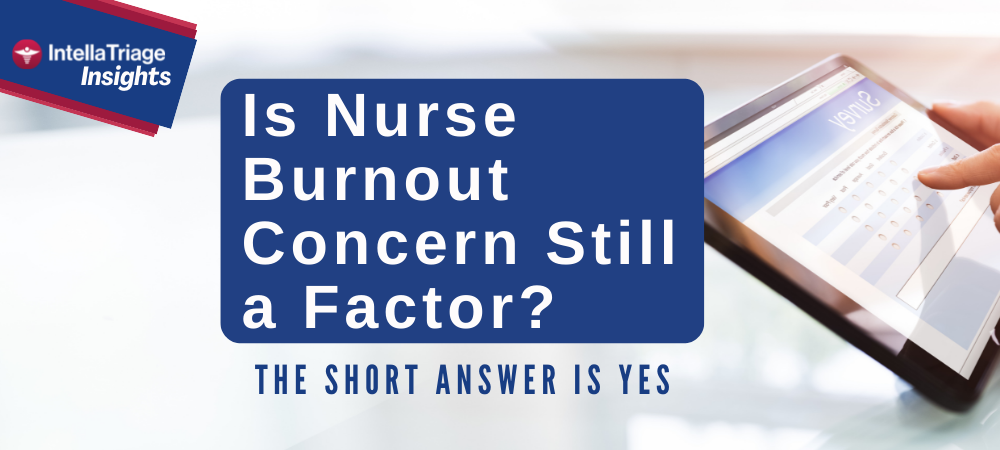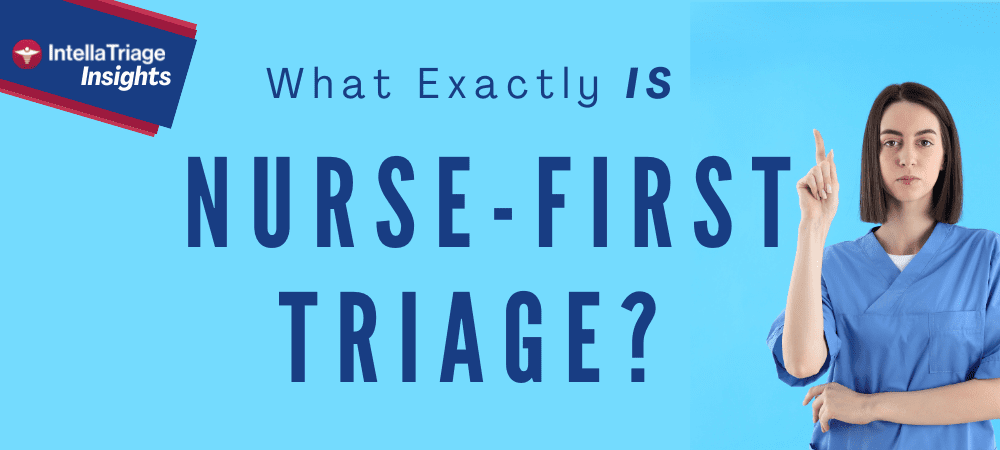home health
As the nation's leading provider of after-hours nurse triage for hospice and home health organizations, we have insights from hundreds of thousands of call metrics that can help you better understand your after-hours triage strategy. Check against these benchmarks to help you determine whether your after-hours program strategy measures up.
UNC Continuing Care Services, a prominent North Carolina home health and hospice organization, struggled with maintaining and recruiting nurses until they began to think about their after-hours triage strategy in an entirely new way.
Nurse retention is essential to maintaining a stable and quality healthcare workforce. While workload, work environment, and professional development opportunities can significantly impact nurse retention, administrators can effectively support nurse work-life balance, reduce burnout, and improve retention by outsourcing triage along with other retention strategies.
The current environment of staffing shortage plus hospice industry growth forces organizations to think outside the box for a nurse staffing solution. External resources such as outsourced triage can help growing hospice organizations retain nurses, repurpose resources, and optimize operations.
Guest writer Erin Whalen of Compassionate Coaching offers self-awareness and self-care strategies for your after-hours nursing staff. People who are arguably doing the most important work - nurses at the bedside of the dying - don’t have a clear separation between their workday ending and their non-work life beginning. This type of workload can lead to burnout, staff retention issues, and a steep decline in team morale.
Practically speaking, the best way to improve your patients' experience and thus your CAHPS scores is by putting the patient or caregiver in touch with a registered nurse every chance you get.
At IntellaTriage, 2022 passed quickly in a whirlwind of company growth, professional successes, and nurse-first triage. Above all other indicators of success this year, IntellaTriage has delivered on our promise: to improve the lives of nurses and patients. Our team strives daily to embody our company mission and is proud to know that we do so every day. To share a recent team member's quote: "It makes me proud to say I work for IntellaTriage and to know I have an impact on the lives of so many patients, families, and nurses." Join us for a quick recap of all we've accomplished in 2022 and the ripple effects of our essential work:
75% of the week occurs after you shut your agency doors, impacting multiple facets of your operations - especially your workforce. Learn how CommonSpirit Health at Home optimized their after-hours with after-hours action plans that included outsourcing triage to IntellaTriage.
For most hospice and home health agencies, outsourcing a nurse-based triage service is more cost-effective and efficient than handling after-hours calls in-house. At IntellaTriage, we realize that hospice and home health providers won't trust your nurse-based triage care to just anyone. So here is a sneak peek into what our triage nurses do, who they are, and why they are so successful in this space.
Several years into the pandemic and the ongoing staffing crisis, nurse burnout concerns still plague hospice and home health agencies. Their nursing staff continue to feel the pinch of heavy workloads and understaffing. Hospice and home health agencies must find a way to support fewer nurses with fewer resources. To help reduce burnout, agencies can outsource after-hours calls.
When it comes down to it, the main decider in how you choose between nurse-based triage and other after-hours models lies in the patient experience. A nurse-first after-hours triage provider connects your patients with a live caregiver at every encounter.
Regardless of how your agency operates your internal after-hours triage, appropriately managing these calls requires skills that differ from bedside nursing. Consider these best practices if your agency manages your after-hours call internally.



